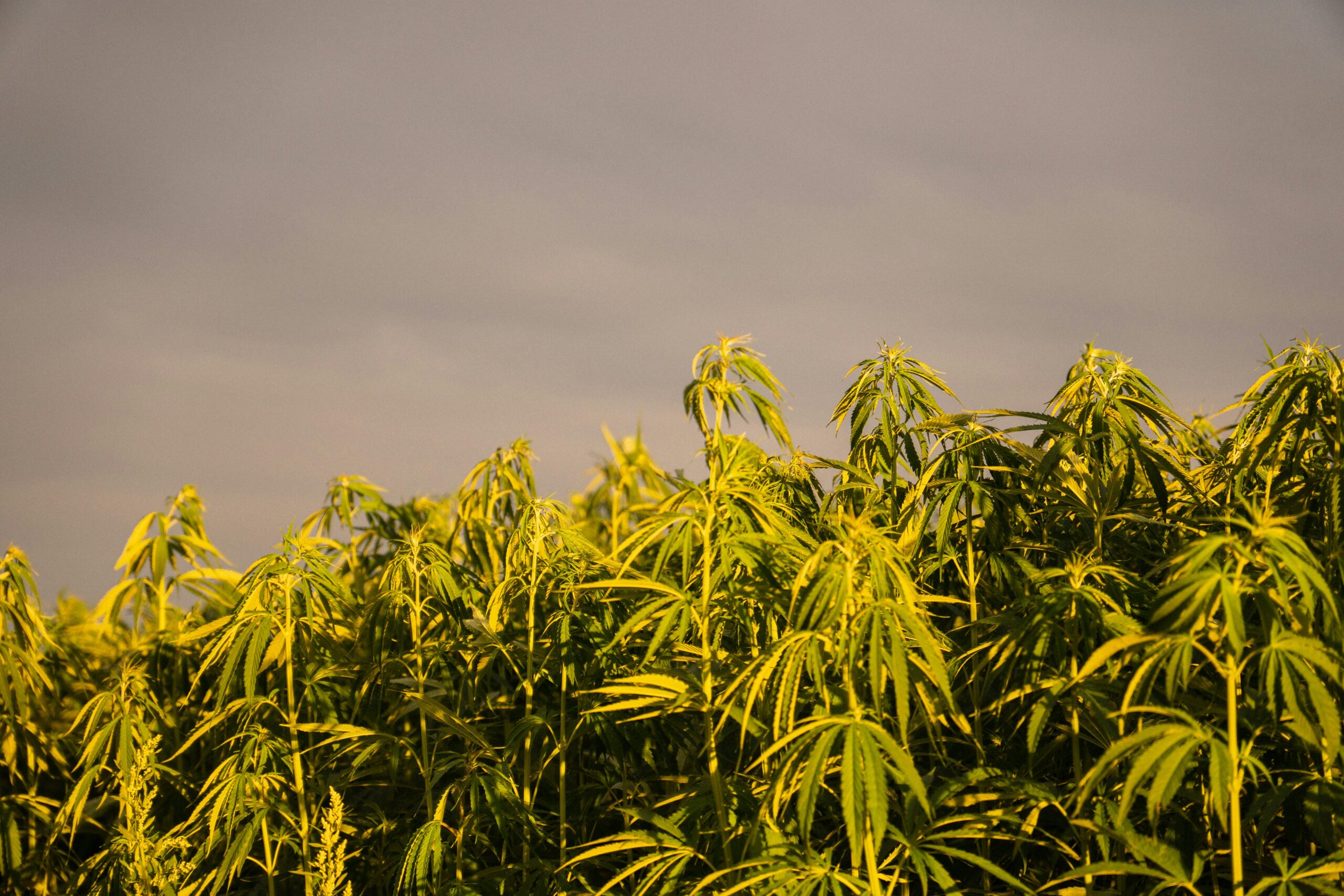This week, the Alabama House of Representatives concurred with Senate amendments to House Bill 445, sponsored by Andy Whitt, bringing the state one step closer to a comprehensive hemp regulation overhaul. Now awaiting Governor Kay Ivey’s signature, HB 445 promises to reshape Alabama’s hemp industry significantly. Supporters argue the bill’s measures are essential for protecting young Alabamians, while critics caution that it could impose burdens on reputable businesses. Let’s take a closer look at the key provisions and potential impacts of this legislation.
House Bill 445
House Bill 445 would grant the Alabama Alcoholic Beverage Control (ABC) Board authority over the licensing and regulation of hemp manufacturers, wholesale distributors, and retailers. One significant requirement is that businesses seeking a license must obtain approval from the governing body of the county or municipality where they operate. The bill further imposes a 10% tax on all retail hemp sales, directing 90% of the revenue to the State General Fund and 10% to the local municipality.
Consistent with other states, the bill prohibits the sale of hemp products to individuals under 21 and establishes penalties for selling to minors. It also restricts the types of businesses that can sell hemp products, limiting sales to grocery stores with access-controlled areas (per a Senate amendment), retail premises with liquor licenses for off-premises consumption, standalone locations exclusively selling consumable hemp products, and pharmacies. This effectively bans convenience stores and gas stations from selling hemp products.
A particularly restrictive measure is the bill’s outright ban on inhalable hemp products, including vapes, cigarettes, and smokable flower. Additionally, it sets a 10 mg THC limit per serving for edibles and beverages, with a maximum of 40 mg THC per package. Hemp-infused beverages are limited to 12 fluid ounces each, with a carton cap of four 12-ounce drinks. The bill further prohibits psychoactive cannabinoids created through chemical synthesis, modification, or conversion from other cannabinoids.
Further tightening the market, the bill bans online sales, direct delivery, drive-through sales, and direct shipment. It also mandates strict packaging and labeling requirements, including child-resistant containers, designs that do not appeal to children, and rigorous testing by certified laboratories. If enacted by Governor Ivey, House Bill 445 would go into effect on January 1, 2026.
Conclusion
While the intent behind HB 445 to protect young Alabamians is understandable, the restrictive nature of this legislation risks stifling Alabama’s emerging hemp industry at a critical time. With its sweeping bans on inhalable products, tight THC limits, and limited distribution pathways, the bill threatens to push consumers toward unregulated markets, undermining the very public safety goals it aims to achieve. For a state already facing an uphill battle in building a viable cannabis industry, this approach could hinder growth, discourage innovation, and limit the economic potential of Alabama’s hemp sector. As the industry braces for these changes, it remains to be seen whether the promise of protection will outweigh the cost to local businesses and entrepreneurs.

